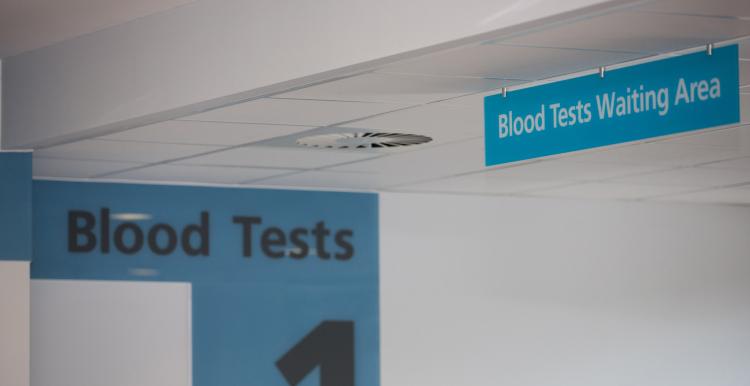New NHS treatment guidelines introduced in Doncaster

NEW NHS TREATMENT GUIDELINES INTRODUCED IN DONCASTER
Local clinicians agree changes with immediate effect
A NUMBER of operations and procedures which medical experts agree provide only limited or temporary benefit to patients will no longer be routinely available to Doncaster patients on the NHS.
NHS Doncaster Clinical Commissioning Group (CCG) has drawn up a list of procedures, which are judged to have ’limited clinical value’. They will start to come into effect this month, following a review of national and regional treatment guidelines by local GPs and hospital clinicians.
The procedures will not be stopped altogether but they will only be funded when appropriate for the patient, after certain ‘thresholds’ have been met:
- Benign skin lesion (non-cancerous)
- Cholecystectomy (removal of the gall bladder)
- Interventional treatment for haemorrhoids (piles)
- Hernia repair (inguinal, umbilical, para-umbilical, incisional)
- Cataract surgery
- Hip replacement for osteoarthritis
- knee replacement for osteoarthritis
- Carpal tunnel syndrome
- Common hand conditions (Dupuytren’s, trigger finger, ganglion)
- Acupuncture for low back pain and sciatica
Patients who are currently on a waiting list to have any of the procedures will not be affected; the changes only apply to new referrals.
Dr David Crichton, a local GP and Chair of NHS Doncaster Clinical Commissioning Group (CCG), which organises and pays for NHS services used by over 300,000 patients in the borough, said: “These new guidelines are to ensure that patients receive appropriate health treatment at the right time.
“It’s important that we follow agreed ‘best practice’ and only fund treatments that are proven to be clinically effective and expected to significantly improve a patient’s health and well-being.
“Unfortunately, some operations and treatments that we have been paying for do not meet these criteria and have been found to give limited clinical value to patients.
“We have agreed with Doncaster and Bassetlaw Teaching Hospitals NHS Foundation Trust – which carries out most of the procedures on Doncaster people – a set of clinical ‘thresholds’ that must be met before a GP or other clinician can refer a patient for an operation or treatment.
“A threshold could, for example, be that medication is tried first to manage a health problem. Medical experts agree that surgery has risks and for many conditions should only be considered after trying other, reasonable, non-surgical options first.
“For example, research has found that around 80 per cent of patients with carpal tunnel syndrome initially respond to non-surgical treatment, especially young people and pregnant women.”
However, in some circumstances, the GP, consultant or health care professional may think the patient has exceptional clinical circumstances and may benefit from a treatment that is not routinely provided. They can make an Individual Funding Request (IFR) application on the patient’s behalf, which will be considered by an independent panel.
Dr Crichton added that, in common with every public service, the NHS in Doncaster is trying to manage a rising demand for services from a finite workforce and funding.
He said: “It means making difficult choices about how to use our resources fairly and efficiently to get the best possible health benefits.”
The CCG is launching an awareness raising campaign to encourage patients to ask five questions when discussing care options with their doctor or other health professional:
- Do I really need this test or procedure
- What are the risks or downsides?
- What are the possible side-effects?
- Are there simpler, safer options?
- What will happen if I do nothing?
This will help them to jointly make better choices about their care options and, in some cases, avoid tests or procedures that are unlikely to be of benefit.
The questions have been developed by the Academy of Medical Royal Colleges – some 23 in all – as part of a campaign called Choosing Wisely to highlight that all tests, procedures and interventions have side-effects and some may even cause harm. Choosing Wisely was created to challenge the idea that more is better, or in the case of a medical intervention: just because we can doesn’t mean we should.
Patient leaflets, posters, press adverts and other promotional materials will appear soon in the Doncaster area.
The thresholds criteria for the nine procedures of limited clinical value can be viewed on the CCG’s website: www.doncasterccg.nhs.uk.


